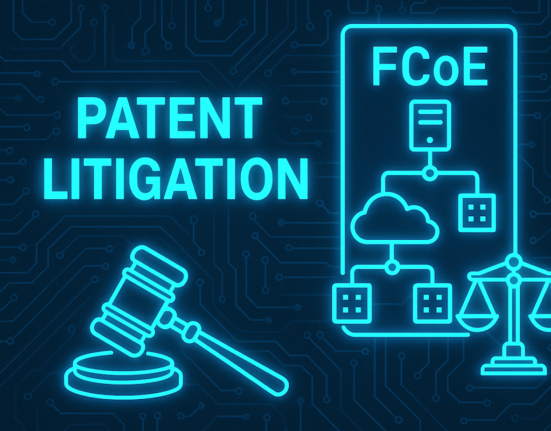This is a guest opinion column
As a former member of Congress, I proudly voted for the 2017 Tax Cut and Jobs Act, which delivered meaningful tax relief to Alabama families and businesses. President Trump’s current reconciliation bill represents a natural extension of those successful tax cuts, combining them with important investments in domestic manufacturing and other policies that support Alabama’s job creators.
However, as the reconciliation bill advances, other measures that threaten the very goals we’re trying to achieve have also been introduced in Congress. Such is the case with a dangerous package of intellectual property legislation, which could unleash a wave of frivolous lawsuits and stifle the innovation driving our modern economy.
Intellectual property serves as the cornerstone of today’s economic growth. A recent report from the U.S. Chamber of Commerce found that Alabama-based IP generates nearly $40 billion in value while research and development spending supports tens of thousands of jobs across our state. A trio of IP-related bills — the Promoting and Respecting Economically Vital American Innovation Leadership (PREVAIL) Act, the Patent Eligibility Restoration Act (PERA), and the Realizing Engineering, Science, and Technology Opportunities by Restoring Exclusive (RESTORE) Patent Rights Act — threaten to hamper American innovators’ ability to outachieve competitors around the globe. These measures would incentivize legal abuse at the hands of shell companies known as patent trolls, burden business and consumers with higher costs and slow innovation.
Unlike businesses that create jobs in our communities and build products to improve lives, patent trolls exist solely to extract money through patent infringement lawsuits. These entities amass abstract, largely unused, patent portfolios and co-opt them as lawsuit fuel. In the first quarter of 2025, these frivolous lawsuits were responsible for nearly 70% of all patent infringement lawsuits nationally and are often aided by litigation investors, like hedge funds, which pay for legal costs and then share in the proceeds.
This type of lawsuit is most often associated with cutting edge tech companies, but victims include businesses large and small, including here in Alabama. One of our largest companies, Regions Bank, has repeatedly been on the receiving end of these lawsuits, including those related to ATM technology, and Birmingham-based MotionMobs was sued over basic Bluetooth functionality for detecting distance between devices. Huntsville telecommunications company Adtran explained years ago how these attacks force businesses to divert resources from innovation toward expensive legal defenses.
The proposed intellectual property legislation would increase this type of abuse.
To start, PERA relaxes standards for what types of inventions are eligible to be patented and would lead to fresh onslaught of low-quality patents. PERA enables patents on virtually anything that involves a computer or machine and would even go so far as to permit patents on human genes. The result would be a far larger pool of vague, abstract patents perfect for frivolous litigation strategies.
PREVAIL removes businesses’ best defense against the legal attacks. The U.S. Patent Office contains a group of expert judges on the Patent Trial and Appeal Board (PTAB) who review patents upon request. Congress created the PTAB, in part, to help minimize the damage this litigation causes. Instead of companies lawyering up and going to court, PTAB review is a less costly, more reliable process. If passed, PREVAIL would reshape the PTAB, making it much more difficult for companies to access review when they are threatened with lawsuits, pushing them into litigation or settlements under duress.
Finally, RESTORE attempts to overturn Supreme Court precedent and return to an era of near-automatic injunctions in patent infringement cases. These injunctions prevent defendants from making or selling their products anywhere in the United States. Using the threat of such a draconian outcome, these plaintiffs can extort unreasonably large settlements, no matter how confident a defendant is of their innocence.
Instead of encouraging frivolous lawsuits, Congress should focus on solutions that benefit legitimate businesses and innovators. The Tackling Predatory Litigation Funding Act may get included in the One Big Beautiful Bill and would require litigation investors to pay taxes on their proceeds from patent troll lawsuits — eliminating a key profit incentive that fuels this abusive system. This countermeasure would lead to far better economic outcomes while preserving legitimate intellectual property protections that reward genuine innovation.
Congress should reject these misguided intellectual property proposals and instead prioritize policies that genuinely support American business competitiveness.
Bradley Byrne is the President & CEO of the Mobile Chamber. Congressman Byrne served in the U.S. House of Representatives from 2014 to 2021.






